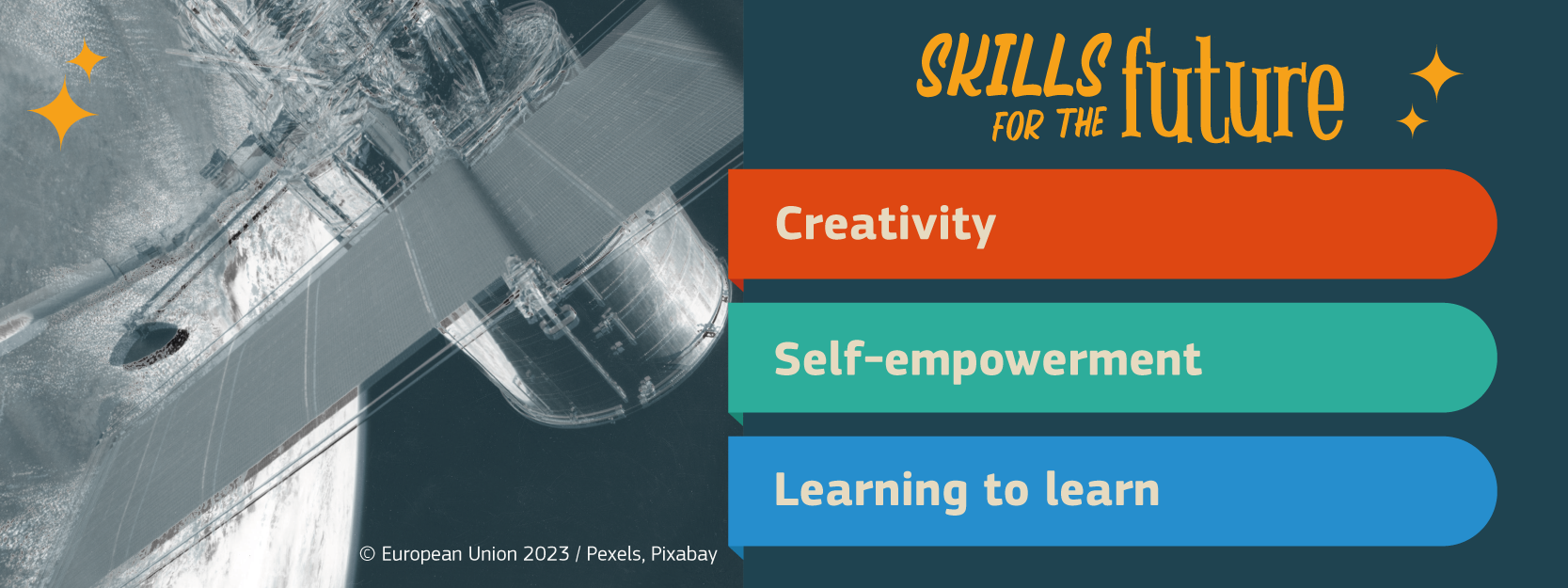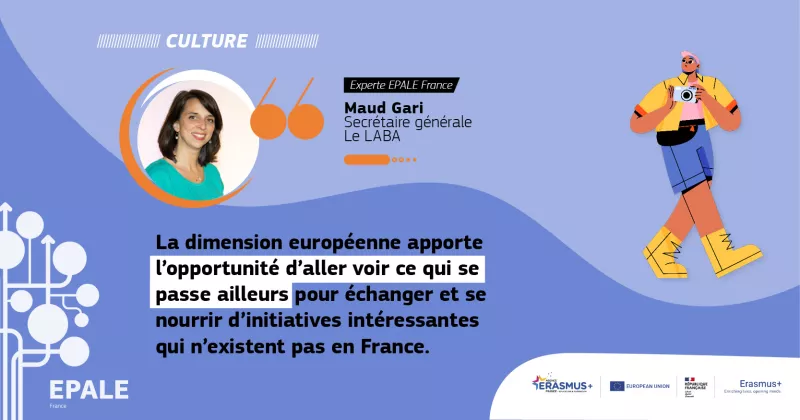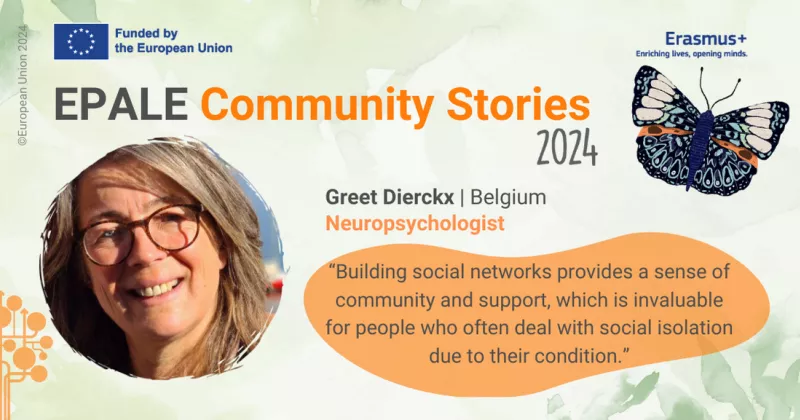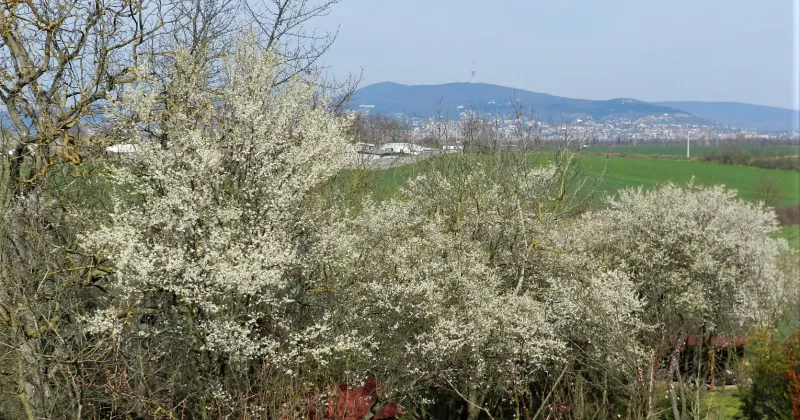Wilma Greco: Create something that did not exist before!
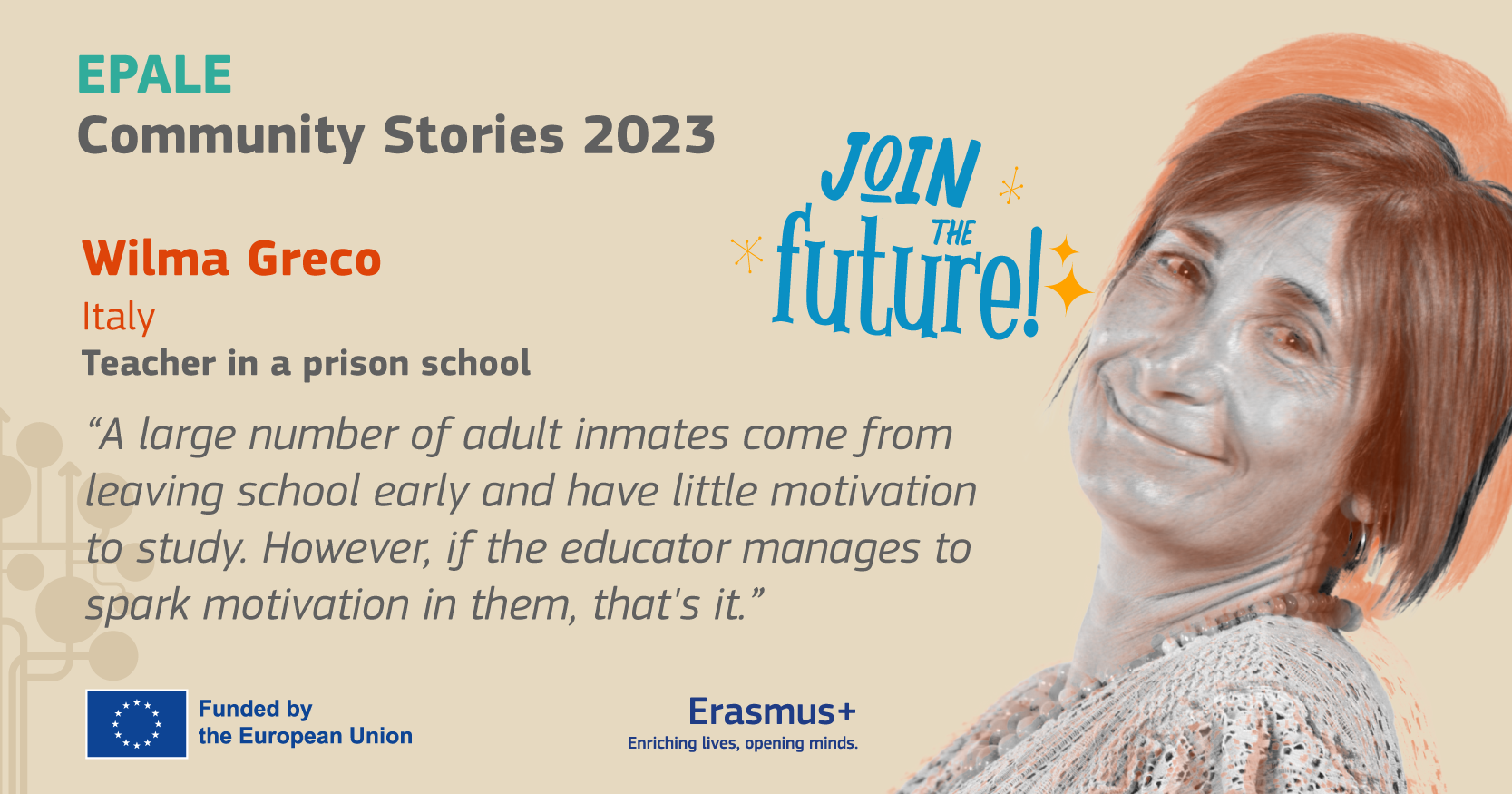
Short bio
I am 54 and I live in Sicily, Italy. I am a PhD in Humanities with a paper about life in prison and inmates' resilience. I am currently a teacher in a prison school (IPSSEOA "Ambrosini") and volunteer for cultural and artistic activities involving inmates. I dream of a truly inclusive society where every person can have their place and dignity.
My story
Imagining the future of adult learning in prison is no simple matter, as prison is a present that swallows up everything else and makes it very difficult to imagine any kind of future.
A large number of adult inmates come from leaving school early and have little motivation to study. However, if the educator manages to spark motivation in them, that's it.
Studying also becomes a time for self-care, for finding similarities or differences in the difficulties and storms of life that have been experienced by people belonging to different eras, spaces and cultures. It allows for discovering the humanity that unites us all, good and bad, if one can only be good or bad that is.
By the way, if we have to talk about the future, then we must start from the inmates' desire for empowerment, self-awareness and control over their own choices, decisions and actions, both in the personal sphere and in that of social relationships. In terms of the future reintegration into the civil community; this is, in my opinion, the real significant challenge for the future of adult education in prison, to foster self-empowerment, integrating in a unified educational environment the three separate fields of formal, non-formal and informal education.

The story I'm going to tell is that of the Compagnia della Fortezza of Volterra, more focused on non-formal and informal learning. It was born as a theatre workshop project in the prison of Volterra in 1988 thanks to the playwright, actor and director Armando Punzo. The few workshop hours that had initially been planned grew exponentially right away: the diligence and continuity of the work carried out with inmates has always been one of the features of the Compagnia della Fortezza, which distinguishes it from all the other theatre experiences in prison and, most of the time, from other experiences of theatre tout court. What clearly characterises this theatre experience is not to be primarily aimed at re-education outcomes of the offender, rather to reconfigure the prison through culture and beauty, to imagine in a structured way that the "factory of evil", "the pit of the snakes", the "social dump" may have another face, which contradicts and calls into question the common thought on the function and purpose of the punishment institution, that after centuries since its birth now visibly shows its failure.
From here a practical intuition starts, that of "Permanence", staged just last summer, where permanence is to be understood not as immobility, but rather as an attitude to evolve in knowledge, "looking into the holes of reality", without ever stopping to evolve. Prison is not immutable, and, like a person, it can change, grow, transform and become a promoter of innovation, dialoguing with the other by itself. The inmates, who live there and make it justifiable, carry out this virtuous process and although the director of the Compagnia della Fortezza, prized with the Golden Lion at the 2023 Venice Biennale, does not like the word "re-education", it is evident that the intense work of study and research preceding the theatrical performance leads inmates to push boundaries by venturing into unknown human, cultural and emotional territories, leaving behind what is already known to reach the heart of their own humanity and the meeting with the other, while filling gaps in their skills for life.

"I died as a man and rose as an animal. I died as an animal and rose again as a man": these are the concluding words of Atlantis, The Permanence. I had the privilege of participating in Punzo's Masterclass, a highly specialised course, an example of lifelong learning for us educators as well.
I learnt that to better support adult students in prison who are trying to achieve personal and social skills while learning to learn, as suggested by the 2020 LifeComp Document, it may be essential to focus on creativity, on the ability to create something that did not exist before. Emotions then take shape and are able to change those who are on stage and the spectators too.
